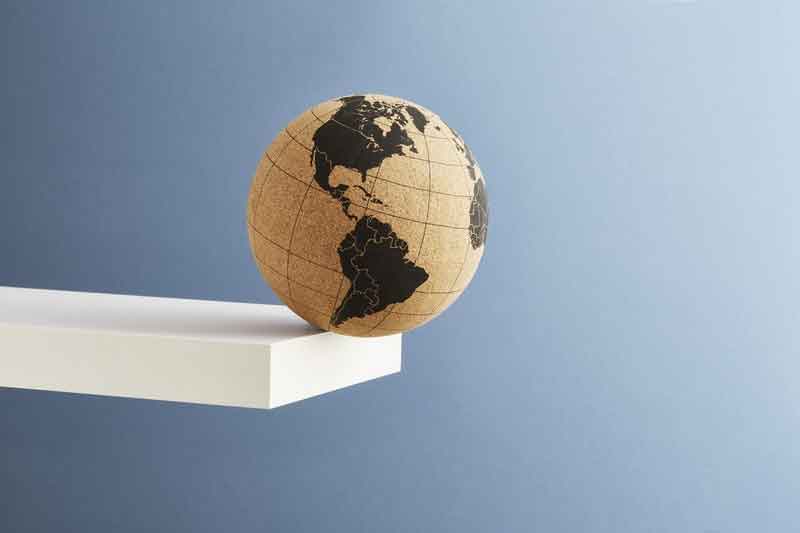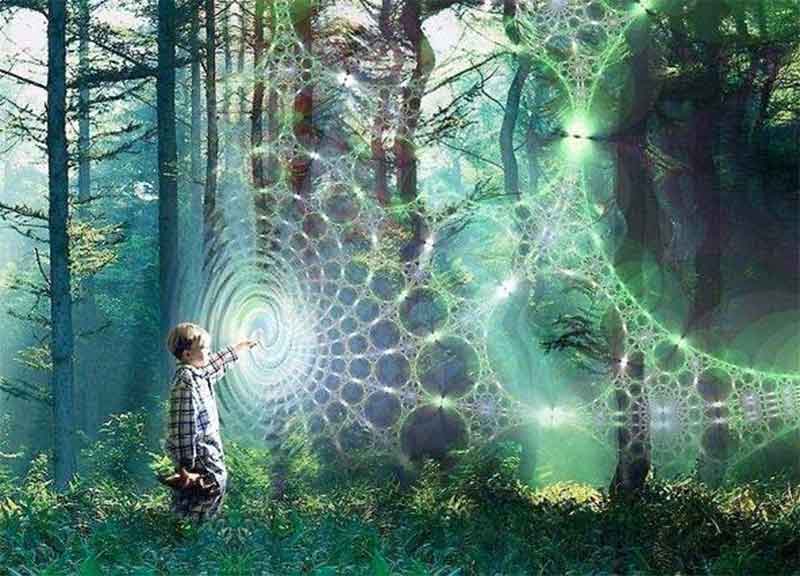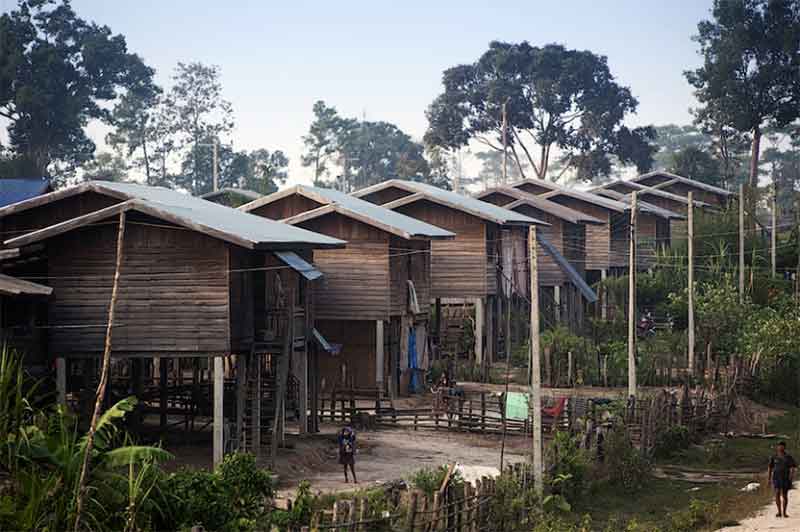
And climate change begins . . .
“Three or four thousand years ago the gods began a migration from the lakes, forests, rivers, and mountains into the sky, becoming the imperial overlords of nature rather than its essence.”
So writes Charles Eisenstein in Sacred Economics, defining a transition in human existence that has finally begun to haunt us — haunting some of us more than others, of course, in particular, that segment of humanity that was never part of the transition: a.k.a, the indigenous . . . the uncolonized . . .people of Planet Earth. Now, as global warming and ecological collapse becomes more and more of a reality, those who had nothing to do with it are bearing most of the hit, at least so far.
But perhaps their voices are finally becoming heard by the “civilized” world, or at least an awareness is emerging:
“The territories of the world’s 370 million indigenous peoples cover 24 percent of land worldwide, and contain 80 percent of the world’s biodiversity,” Linda Etchart writes at Nature.com. “Indigenous peoples occupy the sites of precious natural resources, and it is they who protect forests vulnerable to the encroachment of modernity.”
So what does this mean? I ask this question without any sense of expertise, as a lifelong participant in modernity, wondering what I need to learn and what modernity itself, the global overlord, in all its techno-dominance, needs to learn. Solving and transcending climate change isn’t simply a technological matter — solar panels, windmills, electric cars — but something deeply, ecologically spiritual: How do we listen to Planet Earth? How do we rejoin the circle of life? How do we disconnect ourselves from . . . is it an addiction? To money?
Bill McKibben, speaking on Democracy Now!, put it this way:
Renewable energy is the cheapest power on the planet. But the reason that it’s not rolling out fast enough is precisely because there is still this huge industry that’s trying to make money off the end of the world.
The news is not all bad. We are making some progress. We announced last week that the global divestment campaign has passed $40 trillion in endowments and portfolios that have sold their shares in coal and oil and gas. It’s become the largest anti-corporate campaign in history. . . . We’re going to keep that pressure on, because — well, because money is the oxygen on which the fires of global warming keep burning. And if we can snuff off that supply of capital, of finance, we can at least slow this down some, which we desperately have to do.
What’s needed is more than just divestment. What’s needed is a cultural — a spiritual — breakthrough in our sense of who we are, in our relationship to the planet. No small thing! But maybe it can begin in a small way.
Rupert Ross, in his book Returning to the Teachings, makes this point: “the Lakotah had no language for insulting other orders of existence: pest . . . waste . . . weed. . . . They are the white man’s import to the New World.”
Expand this desacralization process to the level of national leadership and we can wind up with, to pick one example, Brazilian President Jair Bolsonaro, sometimes known, according to Rolling Stone, as Captain Chainsaw, “the most dangerous climate denier in the world. In his two years as president, Bolsonaro has presided over the destruction of about 10,000 square miles of the Brazilian rainforest, one of the most precious ecosystems on the planet.”
Money, which is imaginary, is more valued across most of the planet than nature: our habitat. The Amazon rainforest is for sale, apparently, and even where it’s not, the land beneath it is, which of course makes no sense.
Linda Etchart, writing about the UN Declaration on the Rights of Indigenous Peoples, which gives indigenous inhabitants legal ownership of the lands on which they live, notes that there is an “escape clause” in this declaration. In Ecuador, which is a signatory of the declaration, “the territorial landowners are not owners of the mineral resources in the subsoil, which means that oil and minerals can be extracted without their permission.”
Some years ago, the Ecuadoran government sold exploratory rights on 500,000 acres of land adjacent to Yasuní National Park, which she described as “one of the most biodiverse places on earth,” to a consortium of Chinese state-owned oil companies.
Climate change and environmental destruction will prevail as long as money prevails as the god that national leaders (and almost all the rest of us) worship, or don’t know how not to worship. Part of indigenous wisdom is not being under the control of this civilized force. What would a world without money — or a world that saw and understood money differently — look like?
As the climate totters, as we are forced to see beyond our present understanding and start remembering that Planet Earth is sacred, we will find out . . . one way or another.

















































